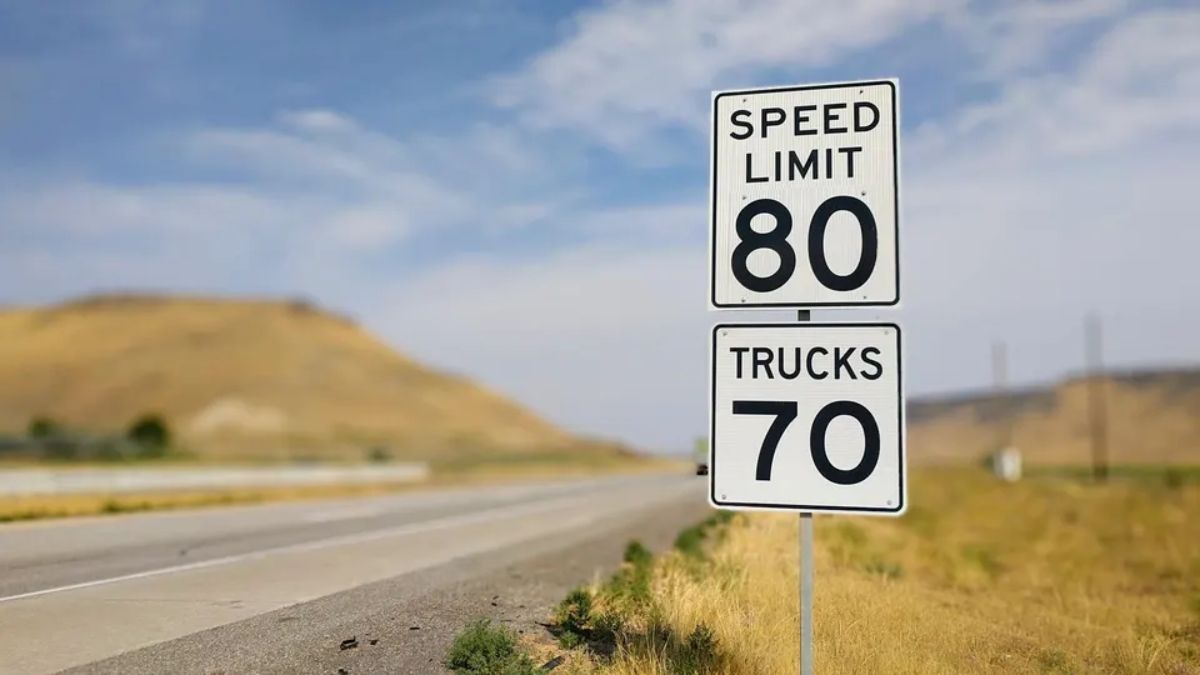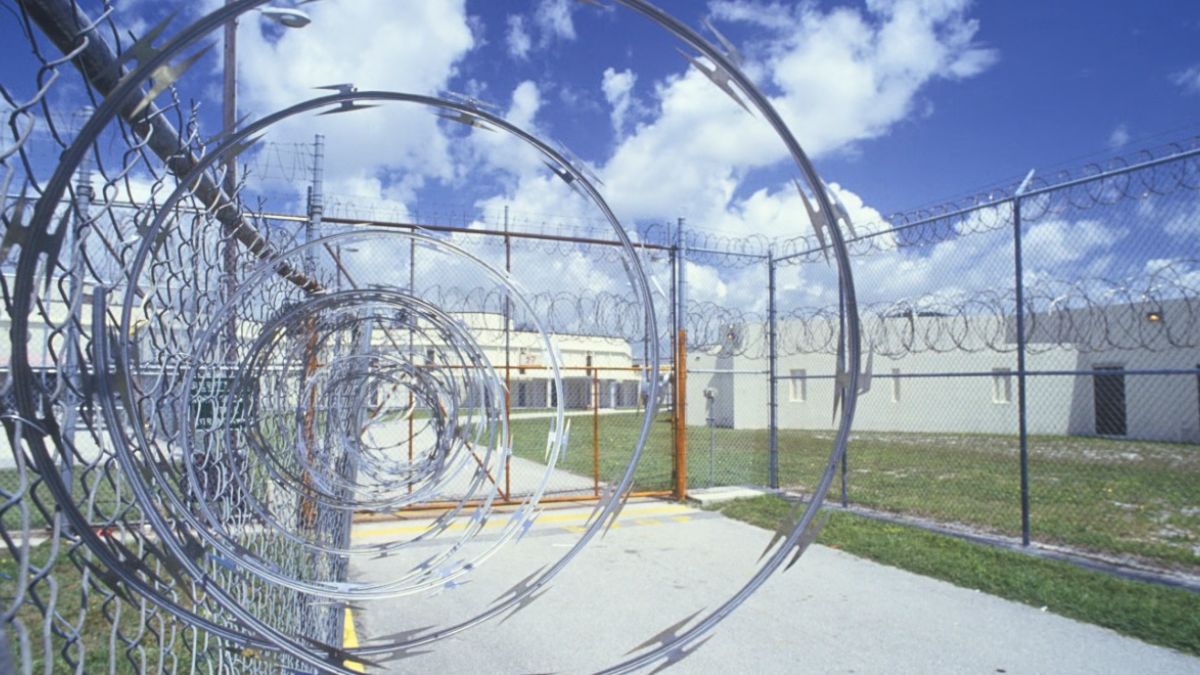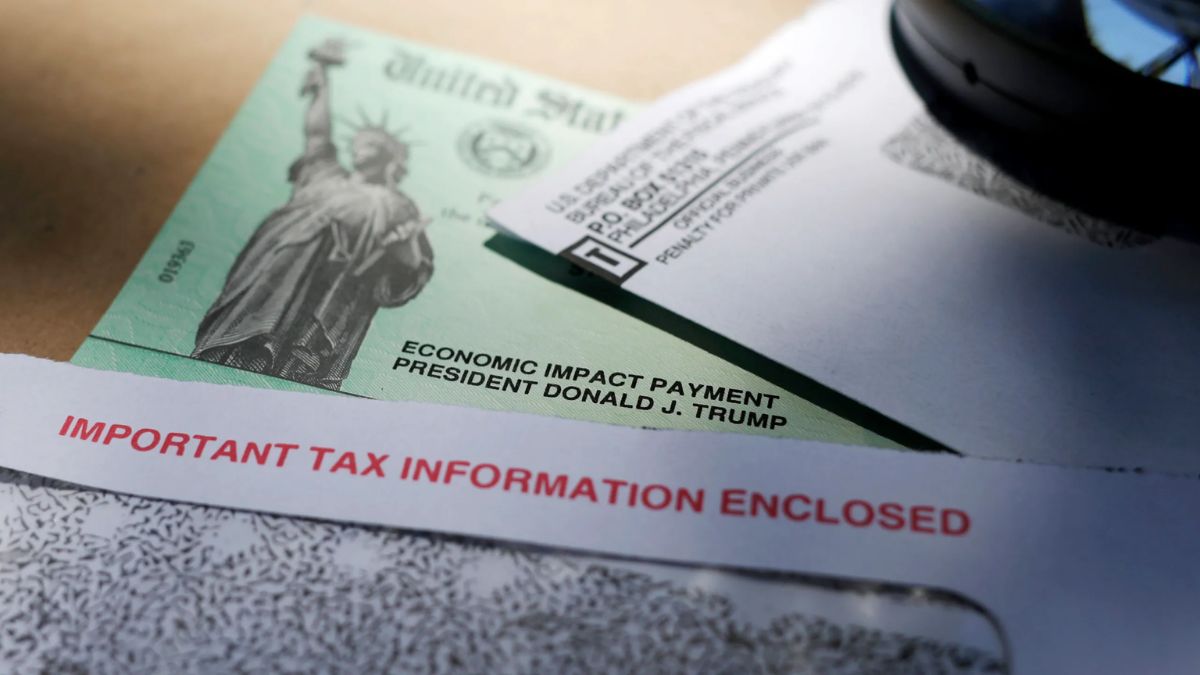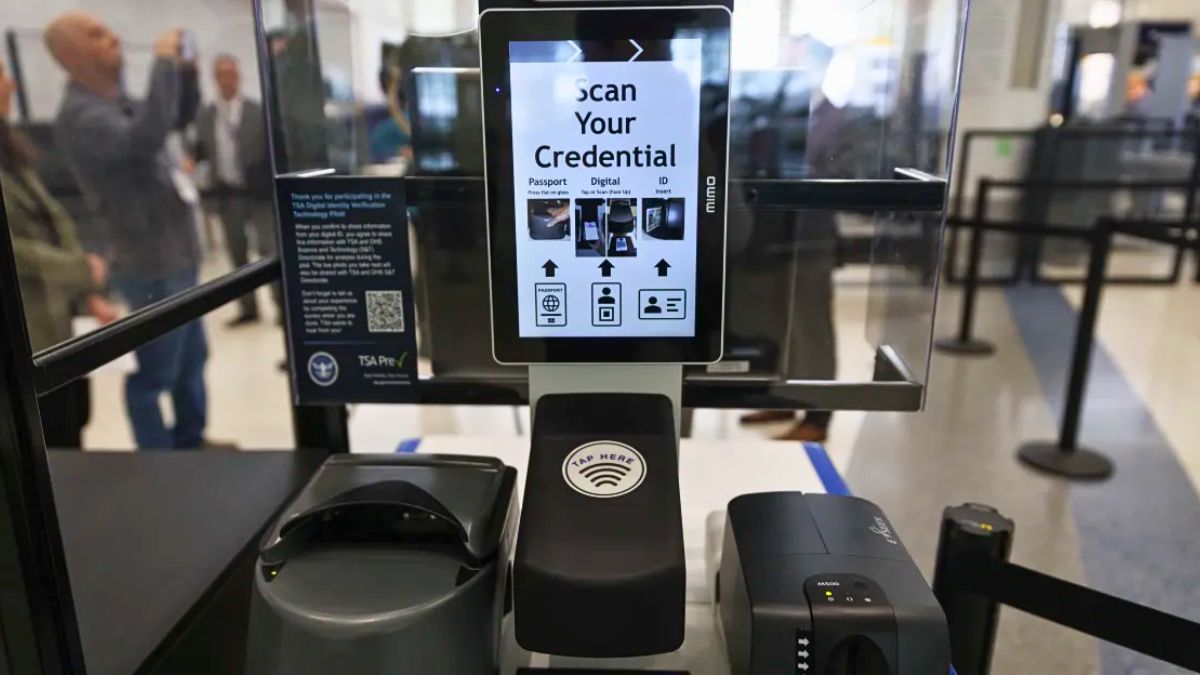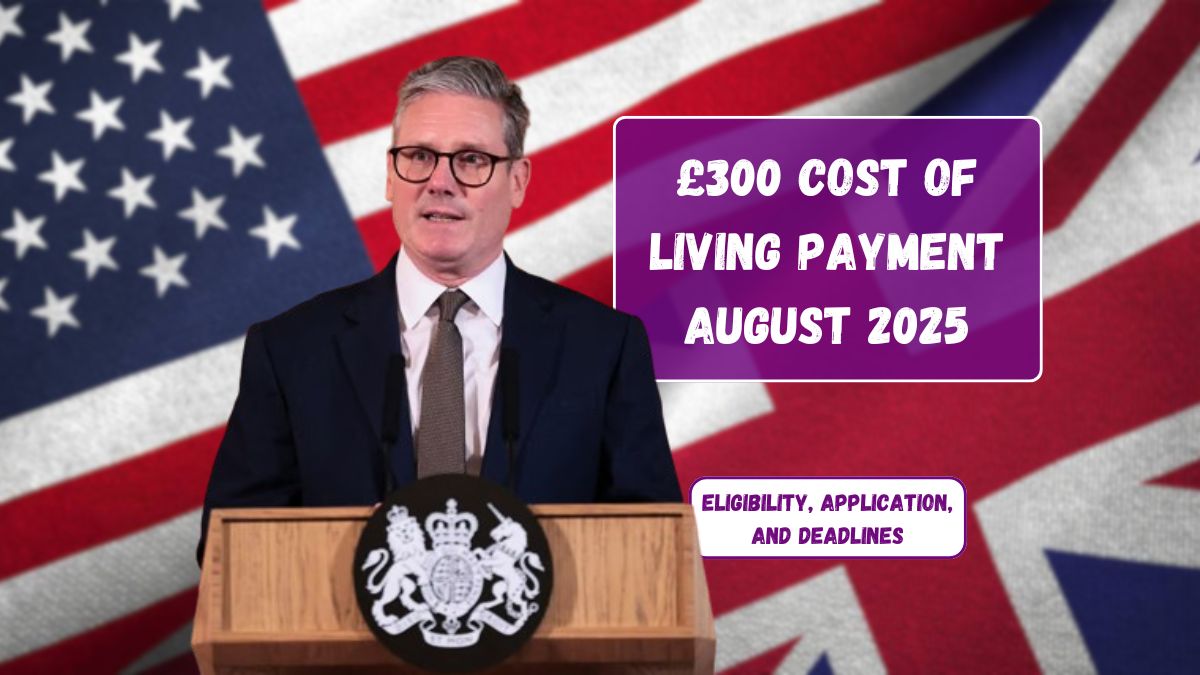Speeding just got a lot more serious in Connecticut. Starting soon, if you’re caught driving over 160 km/h (that’s about 100 mph), you’re not just looking at a fine—you could be heading to jail. A new bill, unanimously approved by the House of Representatives, is aiming to crack down on extreme speeding with tougher penalties, including up to $1,000 in fines and possible jail time. And yes, it’s still waiting for Senate approval, but all signs point to it passing.
This isn’t a random move. It’s part of a growing trend across several U.S. states where reckless driving is being taken much more seriously. Lawmakers are sending a clear message: speeding is not a minor offense, and money alone won’t get you off the hook.
Purpose
Why the sudden clampdown? One word—safety.
Speeding is a killer. According to the National Highway Traffic Safety Administration (NHTSA), excessive speed contributes to around 12,000 deaths in the U.S. every year. That’s about a third of all traffic-related fatalities. It’s no exaggeration to say that every time someone drives like they’re in a race, they’re playing with lives.
The logic is simple: the faster you go, the less time you have to react. It takes longer to stop, and it’s easier to lose control. Add rain, darkness, or distracted driving into the mix, and things can go downhill fast. Arriving sooner is pointless if you never arrive at all.
Penalties
So what exactly does this new law say?
Under bill HB07260, here’s what you’re facing if caught speeding over 100 mph:
| Offense | Fine Range | Jail Time |
|---|---|---|
| First Offense | $200 to $600 | Up to 30 days |
| Repeat Offense | $1,000 | Up to 1 year per offense |
Connecticut Attorney General William Tong summed it up perfectly: reckless drivers are a daily threat, and this law is a big step toward safer roads.
Trend
Connecticut isn’t the only state pushing for change. Other states are considering or already implementing similar rules. Why? Because for some drivers, fines are just a slap on the wrist. They don’t make a dent in behavior, especially if someone can just pay and move on.
Adding jail time flips the script. It doesn’t matter how rich you are—do it again, and you’re going to face real consequences. Everyone’s equal when the cell door shuts.
Future
And while laws for human drivers get stricter, self-driving cars are quietly entering the scene. In states like Texas, companies such as Tesla, Alphabet, and Amazon must register their autonomous vehicles and explain how those cars will behave during traffic stops or emergencies.
For now, a human still needs to be in the car. But as technology evolves, new laws will have to address situations where the “driver” isn’t human at all.
Outlook
It looks like this law will be passed in Connecticut soon. And it’s just the beginning. Other states are watching closely, and we can expect similar legislation elsewhere in the near future.
So here’s the bottom line: drive over 160 km/h, and it’s no longer just a matter of paying a ticket. You could end up with a criminal record—or worse, in jail. There are no shortcuts or second chances here. The law is catching up fast, and this time, it’s not letting speed demons off the hook.
FAQs
Is speeding over 100 mph now a crime?
Yes, in Connecticut it could lead to jail time.
What’s the fine for first-time offenders?
Between $200 and $600 for the first offense.
How much jail time for repeat speeders?
Up to one year per repeat offense.
Why are states getting stricter on speeding?
To reduce fatal crashes and improve road safety.
Does this law apply to all drivers?
Yes, regardless of income or status.

